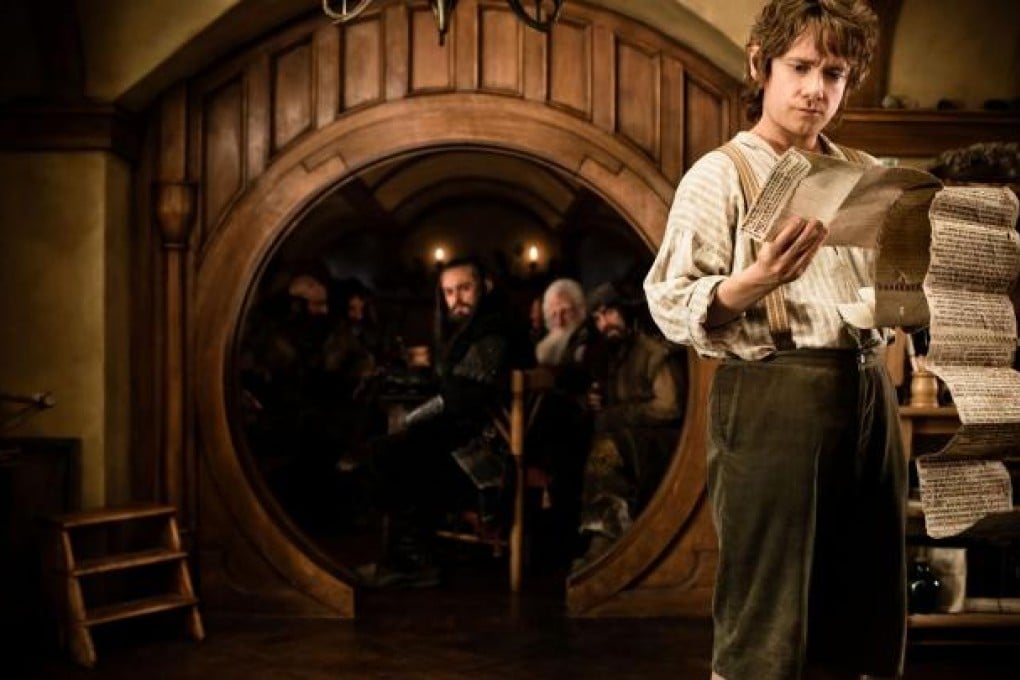Simon Tolkien remembers his grandfather
Novelist Simon Tolkien talks to Joanna Moorhead about a grandfather who inspired and inhibited him

As creator of Middle-earth, The Hobbit and The Lord of the Rings, J.R.R. Tolkien is one of the most successful authors in history. And yet, says Simon Tolkien, the grandfather he remembers seemed to think he had failed.
It wasn't that his work hadn't met with acclaim; by the time of his death in 1973, The Hobbit and The Lord of the Rings were bestsellers. The problem, says Simon, was that the bigger picture Tolkien had wanted the world to know - the complex hinterland of which the books were but a small part - had not been deemed publishable. "He'd produced this huge output that covered everything from the history of the gods to the history of the people. He called it the Silmarils - that was his great work but it had never seen the light of day despite his best efforts to get it published.
"By the time I knew him he was in his 70s. And it's my perception that from an artistic point of view he was unhappy. The work he had devoted his life to had gone by the board, and that was a distressing realisation. He knew it was too late by then for him to get it published."
That task fell to Simon's father, Christopher, who over the two decades after Tolkien's death published The Silmarillion, Unfinished Tales and The History of Middle-earth. "It's enormously to my father's credit that he took on that huge task.
"I remember the crate-loads of papers arriving at his home, and no one could be in any doubt at the scale of the work he had taken on," Simon says.
